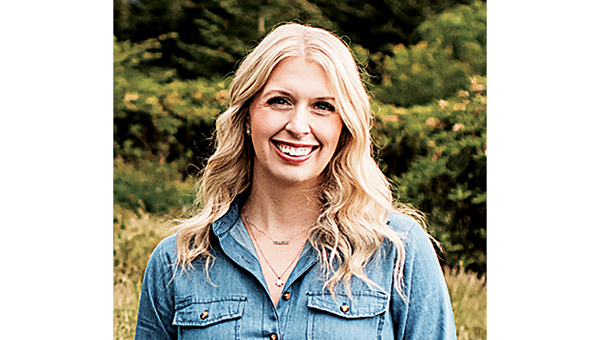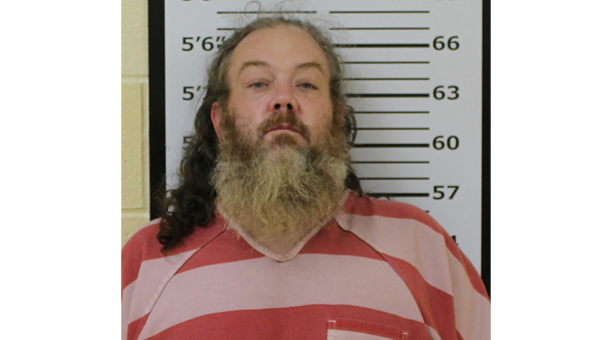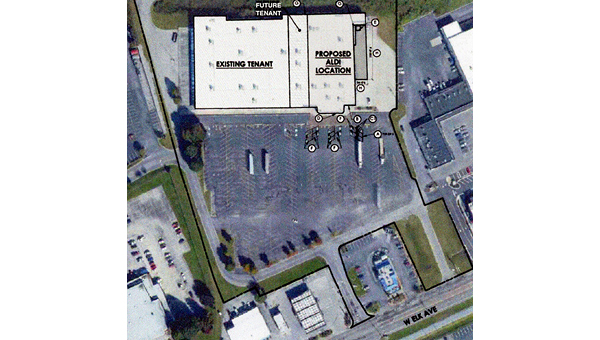Potential Medicaid cuts threaten rural hospitals and Tennesseans
Published 9:39 am Thursday, January 23, 2025
|
Getting your Trinity Audio player ready...
|
In Tennessee and across the country, federal safety net programs face potential cuts as the Trump administration eyes budget reductions. A House G-O-P proposal includes $2.5 trillion in cuts to Medicaid, a move that could significantly impact more than 1.4 million Tennesseans currently insured through the program, according to a new report by the Georgetown University Center for Children and Families.
Michele Johnson, executive director of the Tennessee Justice Center, emphasizes that children with health coverage do better in school and earn more as adults. She added that Medicaid cuts would heavily impact medical facilities, rural families already burdened by inflation and medical debt, and the broader economy.
“Tennessee has led the nation in rural hospital closures, and states like ours that haven’t expanded Medicaid are six times more likely to lose a rural hospital than other states, and if these cuts to Medicaid go through, we’ll lose more hospitals,” she said.
Trending
More than 1.4 million people live in rural Tennessee, and Johnson notes the Volunteer State has large health-care deserts in rural East and West Tennessee and rural adults rely on Medicaid at a higher rate than their urban counterparts.
Four in seven nursing-home residents are covered by Medicaid, according to Kaiser Family Foundation. Johnson said Tennessee seniors that rely on Medicaid for nursing-home care will be impacted by the cuts.
“About three-fourths of seniors across the state in long-term care rely on Medicaid,” she continued. “And so rural communities have a higher percentage of seniors who rely on Medicaid than in urban communities in Tennessee.”
Joan Alker, executive director and co-founder of the Georgetown University Center for Children and Families, and the report’s lead author, said it is important for policymakers to realize programs such as Medicaid are not government waste. They keep people healthy so they can work and create better health outcomes for kids.
“In the long term, it’s a much better investment of taxpayer dollars because it’ll pay dividends to make sure that these families are getting the care they need,” she said.
Alker pointed out Medicaid helps recipients get ahead of health challenges through preventive care, as opposed to letting conditions worsen. The report showed rural residents already tend to have worse health outcomes, including higher maternal and infant mortality rates. Alker argued it is another reason Medicaid coverage is important.
Trending





